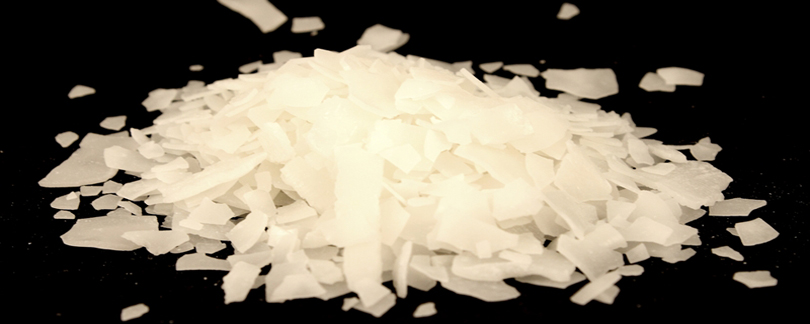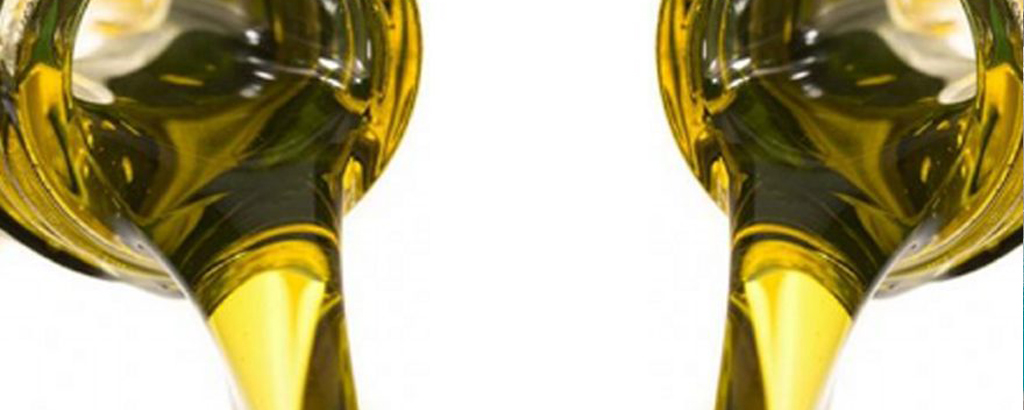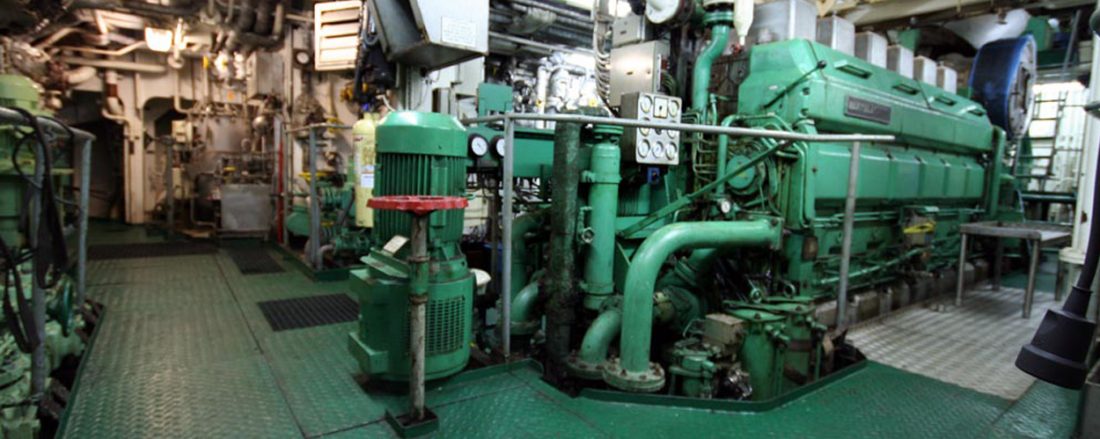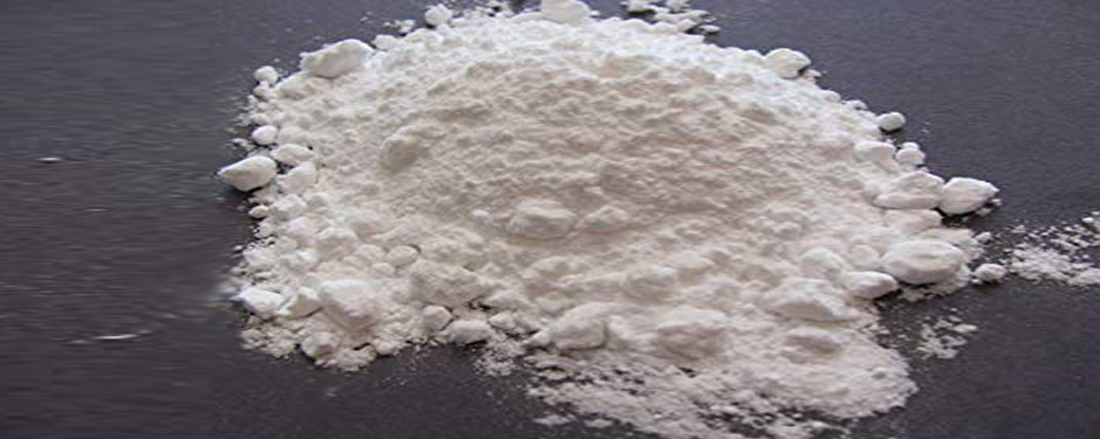Kenya Chemical is one of the leading caustic soda Exporters, Manufacturers, Suppliers, and Producers in Nairobi, Rwanda, Uganda, Tanzania, Burundi, Congo, South Africa, South Sudan, Zambia, Nigeria, Namibia, Ghana, Malawi Nairobi Kenya.
Sodium hydroxide, also known as lye and caustic soda, is an inorganic compound with the formula NaOH. It is a white solid ionic compound consisting of sodium cations Na+ and hydroxide anions OH−.White flakes, granules, shiny, color allowed, hygroscopic, soluble in water.Chemical properties: Melting point 318.4 ºC Boiling point 1390 ºC The relative density of 2.130.
Solubility: soluble in water, and strongly exothermic. Dissolved in ethanol and glycerol easily; insoluble in acetone, ether. Exposed on the air, it will eventually completely dissolved into solution.
CAS No.: 1310-73-2
Formula: Naoh
EINECS: 215-185-5
Classification: Caustic Soda
Appearance: Pearls
Grade Standard: Industrial Grade
Other names
Caustic soda
Lye
Ascarite
White caustic
Sodium hydrate
Properties of caustic soda
1. Name:Caustic Soda/Sodium Hydroxide Flake/Solid/Pearl
2. Appearance: White flakes, solid, pearl.
3.Usage: Detergent,soap making, textile and paper etc.
Uses:
basic chemical raw materials, used as high-purity reagents, widely used in chemical, metallurgy, paper, petroleum, textile and household chemicals and other sectors. For the manufacture of soap, paper, rayon, cotton fabric finishing, refining kerosene.
Usage:
The base is a basic chemical raw material widely used in papermaking, synthetic washing and textile industry such as soap, viscose, rayon and cotton, pesticides, dyes, rubber and chemicals. Industrial, oil drilling, oil industry that refines petroleum oils and tars, as well as defense industry, machinery industry, wood processing, metallurgical industry, pharmaceutical industry and urban construction. It is also used in the manufacture of chemicals, paper, soaps and detergents, rayon and cellophane, processing alumina made from bauxite, and also in mercerizing parts of textiles, water treatment, etc.
Application
1. It is used in producing paper, detergent, synthesized fatty acid and refining vegetable fat.
2. In dyeing industry, it can be used as desizing agent and washing agent;
3. In chemicals industry, it can be used in producing borate, methanoic acid, phenol, sodium cyanide.
4. In oil industry, it can be used in drilling mud and oil refining.
5. It can also be used in metal treatment, glass making, ceramic, leather, pharmaceutical and pesticide industries.
Sodium hydroxide is a popular strong base used in industry. Sodium hydroxide is used in the manufacture of sodium salts and detergents, pH regulation, and organic synthesis. In bulk, it is most often handled as an aqueous solution, since solutions are cheaper and easier to handle.
Sodium hydroxide is used in many scenarios where it is desirable to increase the alkalinity of a mixture, or to neutralize acids.
For example, in the petroleum industry, sodium hydroxide is used as an additive in drilling mud to increase alkalinity in bentonite mud systems, to increase the mud viscosity, and to neutralize any acid gas (such as hydrogen sulfide and carbon dioxide) which may be encountered in the geological formation as drilling progresses.
Another use is in Salt spray testing where pH needs to be regulated. Sodium hydroxide is used with hydrochloric acid to balance pH. The resultant salt, NaCl, is the corrosive agent used in the standard neutral pH salt spray test.
Other common uses of sodium hydroxide include:
It is used for making soaps and detergents. Sodium hydroxide is used for hard bar soap while potassium hydroxide is used for liquid soaps. sodium hydroxide is used more often than potassium hydroxide because it is cheaper and a smaller quantity is needed.
It is used in de-greasing metals, oil refining, and making dyes and bleaches.
It is used in water treatment plants for pH regulation.
It is used to treat bagels and pretzel dough, giving the distinctive shiny finish.
Chemical pulping
Sodium hydroxide is also widely used in pulping of wood for making paper or regenerated fibers. Along with sodium sulfide, sodium hydroxide is a key component of the white liquor solution used to separate lignin from cellulose fibers in the kraft process. It also plays a key role in several later stages of the process of bleaching the brown pulp resulting from the pulping process. These stages include oxygen delignification, oxidative extraction, and simple extraction, all of which require a strong alkaline environment with a pH > 10.5 at the end of the stages.
Water treatment
Sodium hydroxide is sometimes used during water purification to raise the pH of water supplies. Increased pH makes the water less corrosive to plumbing and reduces the amount of lead, copper and other toxic metals that can dissolve into drinking water.
Sodium hydroxide is frequently used as an industrial cleaning agent where it is often called "caustic". It is added to water, heated, and then used to clean process equipment, storage tanks, etc. It can dissolve grease, oils, fats and protein-based deposits. It is also used for cleaning waste discharge pipes under sinks and drains in domestic properties. Surfactants can be added to the sodium hydroxide solution in order to stabilize dissolved substances and thus prevent redeposition. A sodium hydroxide soak solution is used as a powerful degreaser on stainless steel and glass bakeware. It is also a common ingredient in oven cleaners.
Sodium hydroxide is used in the home as a type of drain opener to unblock clogged drains, usually in the form of a dry crystal or as a thick liquid gel. The alkali dissolves greases to produce water soluble products. It also hydrolyzes the proteins such as those found in hair which may block water pipes. These reactions are sped by the heat generated when sodium hydroxide and the other chemical components of the cleaner dissolve in water. Such alkaline drain cleaners and their acidic versions are highly corrosive and should be handled with great caution.
Sodium hydroxide is used in some relaxers to straighten hair. However, because of the high incidence and intensity of chemical burns, manufacturers of chemical relaxers use other alkaline chemicals in preparations available to average consumers. Sodium hydroxide relaxers are still available, but they are used mostly by professionals A solution of sodium hydroxide in water was traditionally used as the most common paint stripper on wooden objects. Its use has become less common, because it can damage the wood surface, raising the grain and staining the colour.
Historical uses
Sodium hydroxide has been used for detection of carbon monoxide poisoning, with blood samples of such patients turning to a vermilion color upon the addition of a few drops of sodium hydroxide. Today, carbon monoxide poisoning can be detected by CO oximetry.
In cement mixes, mortars, concrete, grouts
Sodium hydroxide is used in some cement mix plasticisers. This helps homogenise cement mixes, preventing segregation of sands and cement, decreases the amount of water required in a mix and increases workability of the cement product, be it mortar, render or concrete.
When you order in our company, we will immediately arrange shipment and update your tracking information by email. In addition, we can also arrange door-to-door service delivery to your office or factory directly by our forwarders. For more information or to request a particular product, call customer services or the Given website Email address.
mail@kenyachemical.com





